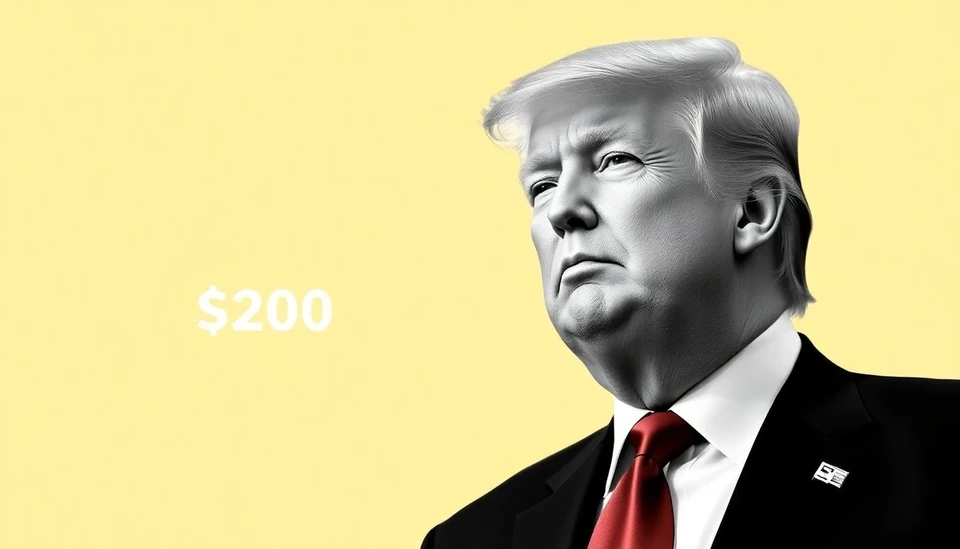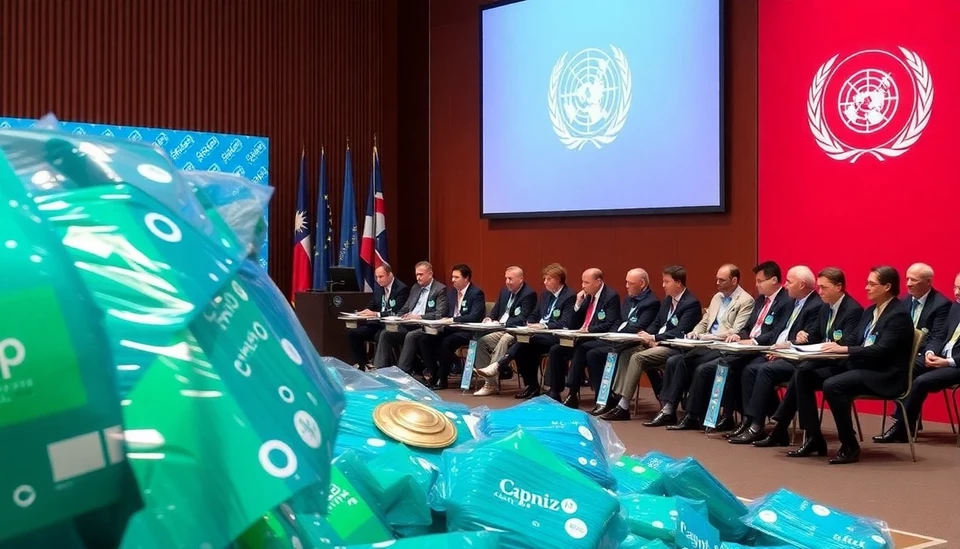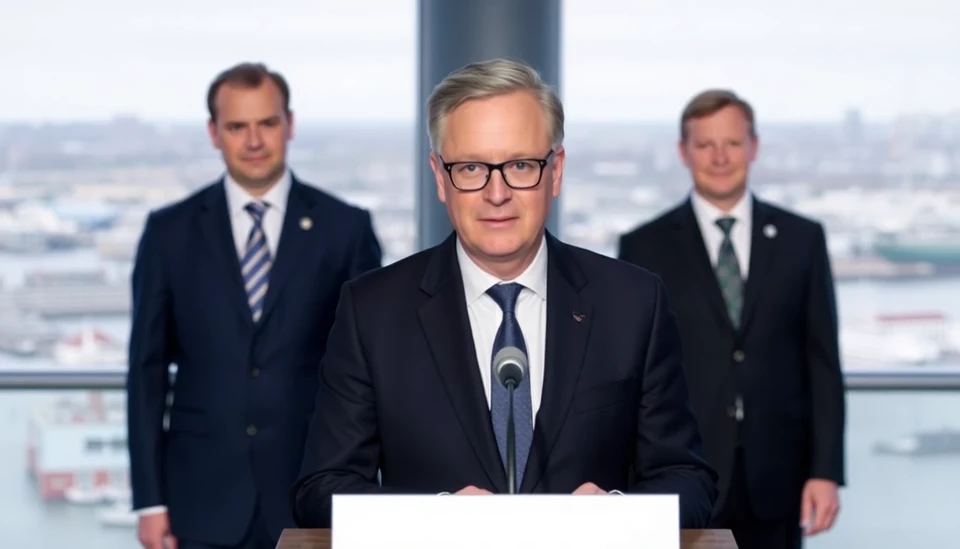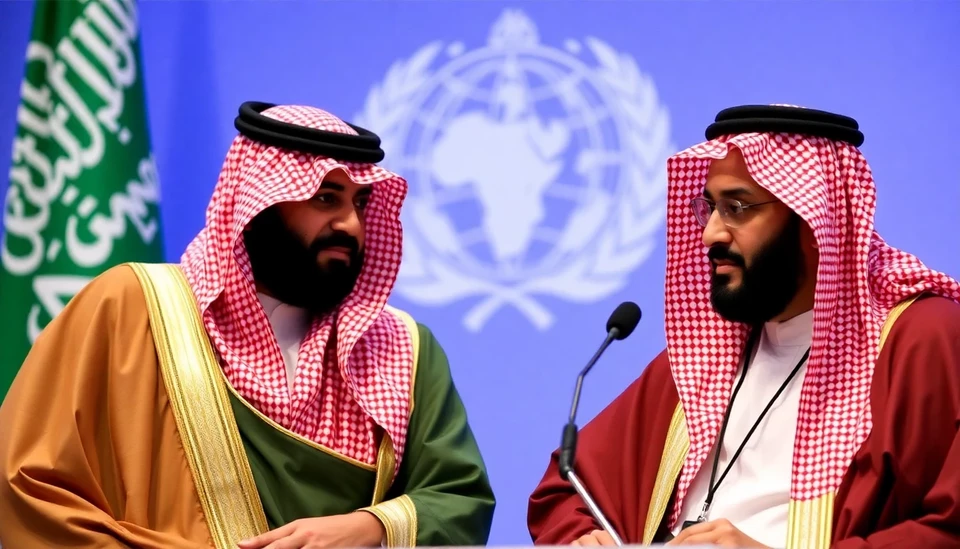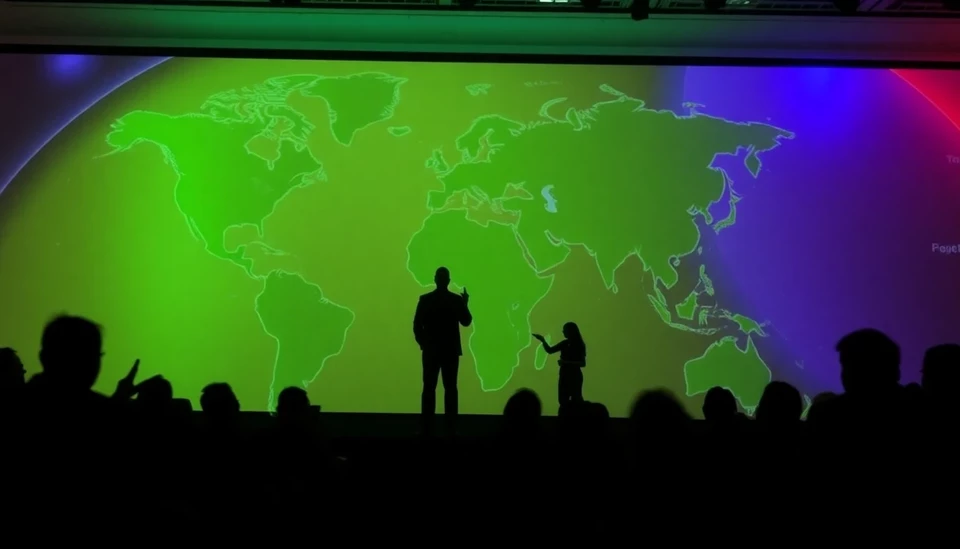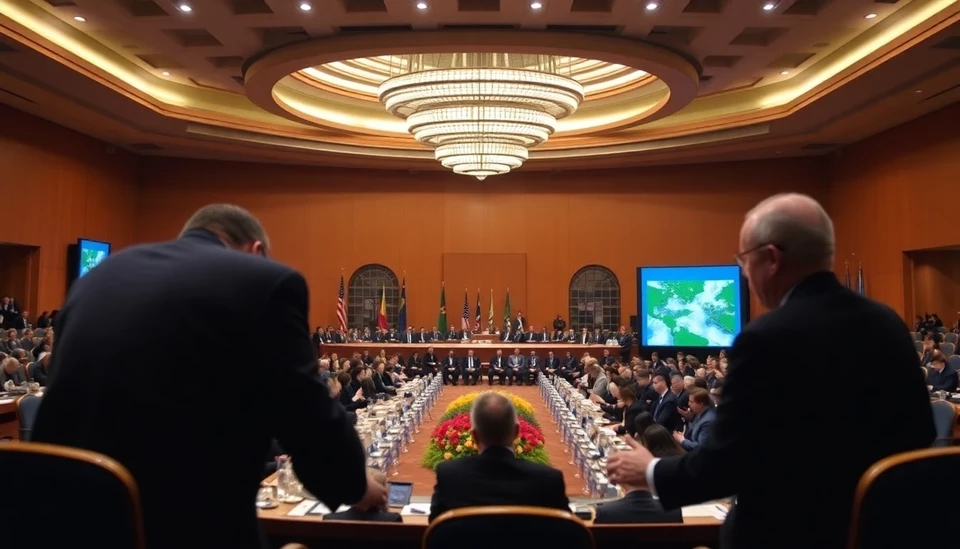
Amidst intense discussions at COP29, world leaders and climate negotiators are edging closer to a significant carbon market agreement that could redefine global approaches to reducing emissions. As nations recognize the urgent need to address climate change, this summit has emerged as a vital platform for crafting a cohesive strategy that incorporates carbon offsets and emissions trading. However, as optimism builds, significant concerns about the integrity of these carbon markets are surfacing.
Throughout the recent sessions, delegates have highlighted the complexity of establishing robust guidelines that ensure the credibility and effectiveness of carbon credits. The proposed deal aims to create a transparent system that can become a pivotal instrument for countries striving to meet their climate action commitments under the Paris Agreement. Experts have stressed that the integrity of carbon markets is essential; without trust in the system, the effectiveness of any agreement may be compromised.
Negotiators are working diligently to finalize the terms of the agreement, which includes mechanisms for monitoring, reporting, and verifying emissions reductions linked to carbon credits. This initiative is crucial as it could enable a smoother transition to sustainable practices by incentivizing companies to invest in cleaner technologies while still permitting the use of fossil fuels through offsets.
One of the critical challenges faced is the disparate interests of developed and developing nations. Developed countries are pushing for stringent standards, fearing that lax regulations could undermine the entire market. In contrast, developing nations argue for flexibility, fearing that rigid requirements could hinder their economic growth. Finding common ground remains a substantial hurdle as discussions progress.
Another significant aspect of the negotiations is the need for equitable pricing mechanisms that reflect the true cost of carbon emissions. Many delegations are advocating for a price floor that could stabilize the market and encourage investments in low-carbon technologies. This approach aims to mitigate the risks posed by market volatility, ensuring that countries remain committed to their climate goals without facing financial ruin.
Environmental organizations and advocacy groups are closely monitoring the negotiations, emphasizing the need for transparency and accountability in any potential agreement. They argue that any loopholes in the carbon markets could lead to "greenwashing," whereby businesses artificially inflate their environmental credentials without making real progress in emissions reduction. The integrity of the carbon market is, therefore, not just a technical requirement but a cornerstone of public trust in climate initiatives.
With the negotiations still ongoing, the outcome of COP29 could have far-reaching implications for international climate policy. If successfully implemented, the proposed carbon market agreement may set a precedent for future climate action, demonstrating that collective action is possible amid diverse national interests.
As delegates continue to deliberate, the world watches closely, hopeful for a strong commitment that not only addresses climate change but also promotes economic equity and sustainable development for all nations involved. The final consensus is expected to be revealed as COP29 draws to a close, providing a clearer picture of the global response to one of the most pressing challenges of our time.
#COP29 #CarbonDeal #ClimateAction #EmissionsTrading #Sustainability #GlobalNegotiations #ClimateChange #MarketIntegrity
Author: Peter Collins
